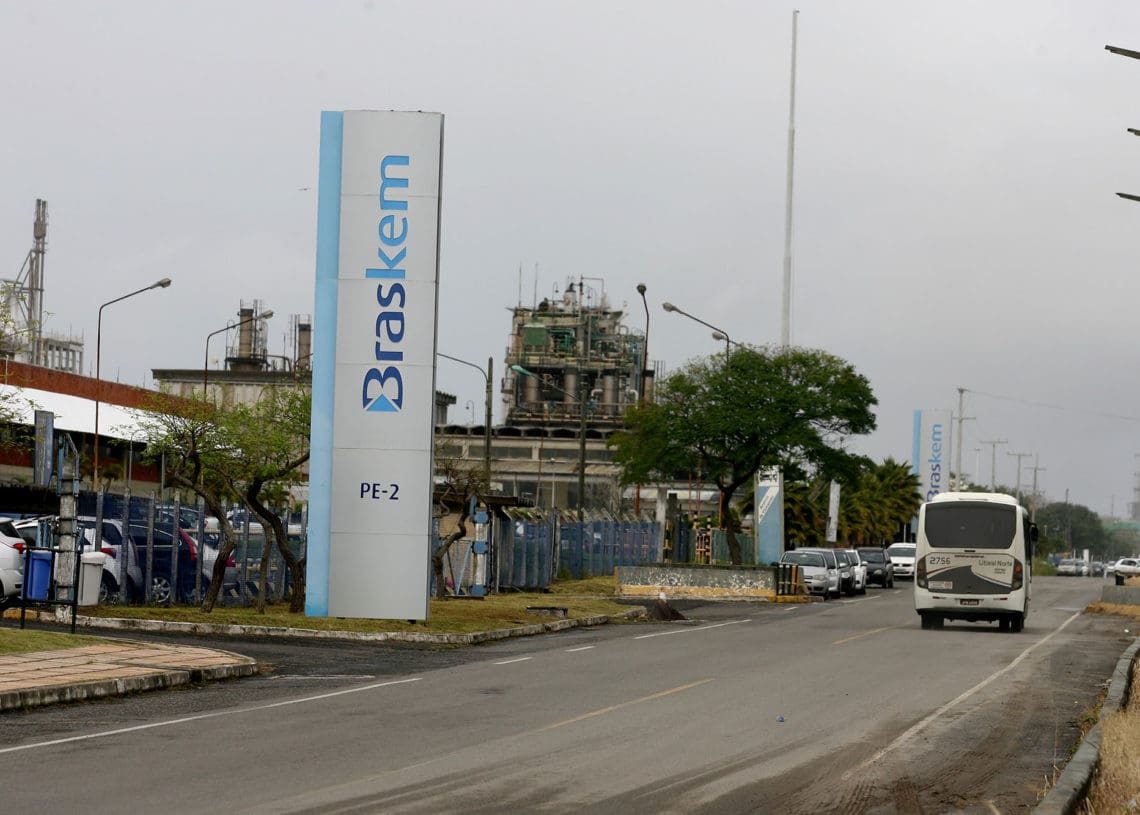DOJ says scheme involved diverting millions from company into slush fund and paying bribes to Brazilian government officials, political parties and others.
A Brazilian man who previously served as the chief executive officer of Braskem S.A., a publicly traded Brazilian petrochemical company, was sentenced Oct. 13 in the Eastern District of New York to 20 months in prison for a scheme to divert hundreds of millions of dollars from Braskem into a secret slush fund and to pay bribes to government officials, political parties and others in Brazil, the U.S. Department of Justice reported.
Jose Carlos Grubisich, 64, of Brazil, pleaded guilty April 15 to one count of conspiracy to violate the anti-bribery provisions of the Foreign Corrupt Practices Act (FCPA) and one count of conspiracy to violate the books and records provision of the FCPA and to fail to accurately certify Braskem’s financial reports. According to court documents, between approximately 2002 and 2014, Grubisich, who served as the CEO and a member of the board of directors of Braskem, as well as in various capacities for Braskem’s parent company, Odebrecht S.A., engaged in a scheme to bribe Brazilian government officials. As part of the scheme, Grubisich and his co-conspirators diverted about $250 million from Braskem into a secret slush fund, which Grubisich and others generated through fraudulent contracts and offshore shell companies secretly controlled by Braskem, the DoJ said. In addition to his prison sentence, Grubisich was ordered to forfeit $2.2 million and pay a $1 million fine.
In December 2016, Braskem and Odebrecht each pleaded guilty in the Eastern District of New York to conspiracy to violate the anti-bribery provisions of the FCPA. Braskem also resolved related civil proceedings with the Securities and Exchange Commission (SEC) on the same day.
The FBI’s International Corruption squad in New York investigated the case, and the Criminal Division’s Office of International Affairs provided substantial assistance. The department also received assistance from the SEC’s Division of Enforcement, Ministério Público Federal and the Departamento de Polícia Federal in Brazil, the Office of the Attorney General and the Federal Office of Justice in Switzerland, and the governments of Portugal, Andorra, the United Kingdom and Panama.













